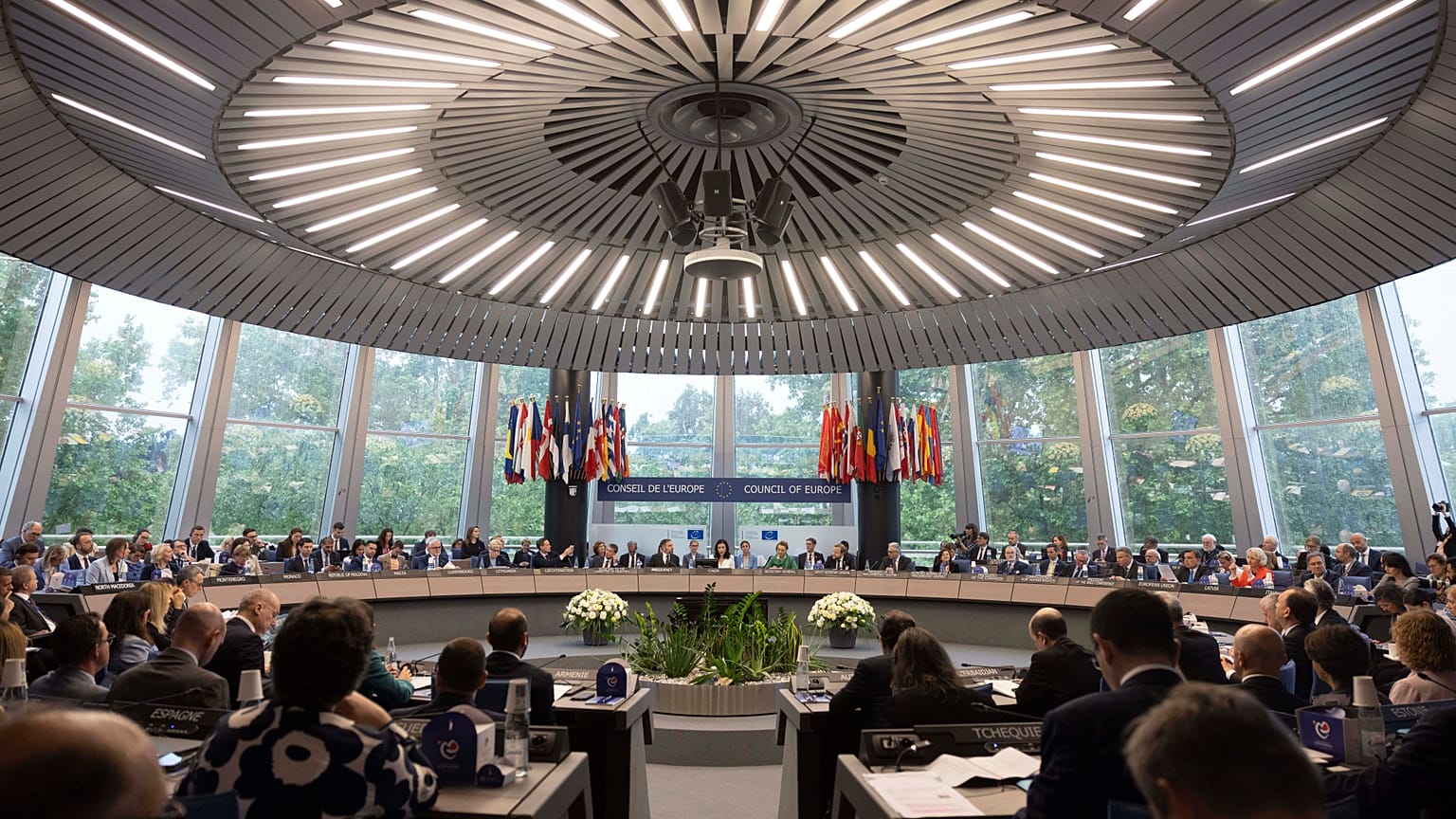Unlike the EU AI Act, this treaty can be signed by non-European countries.
The Council of Europe agreed on a treaty on artificial intelligence (AI) on Friday, claiming it is the first binding international treaty on the technology.
 ADVERTISEMENT
ADVERTISEMENT
 ADVERTISEMENT
ADVERTISEMENT
The treaty sets out a legal framework that covers the entire lifecycle of AI systems and addresses the risks they may pose while promoting responsible innovation.
“With this new treaty, we aim to ensure a responsible use of AI that respects human rights, the rule of law and democracy,” the council’s Secretary-General Marija Pejčinović Burić said in a statement.
The convention aims to establish “transparency and oversight requirements tailored to specific contexts and risks”, including identifying content generated by AI systems.
The European Union has agreed on an AI Act, which is set to be implemented this year. But the Council and EU are different entities.
How is it different from the EU AI Act?
Unlike the EU, non-member states can sign the document. Some eleven states that are not council members participated in drafting the convention, which included Argentina, Israel, Japan, the United States and Uruguay.
The treaty covers the use of AI systems in both the public and private sectors with two different modes of complying with its principles and obligations when regulating the private sector.
The convention will be open for signature on September 5 in Lithuania.
Signatories will have to ensure accountability and responsibility for “adverse impacts and that AI systems respect equality, including gender equality, the prohibition of discrimination, and privacy rights,” the statement read.
“It is a response to the need for an international legal standard supported by states in different continents which share the same values to harness the benefits of Artificial intelligence, while mitigating the risks,” Pejčinović Burić said.
“With this new treaty, we aim to ensure a responsible use of AI that respects human rights, the rule of law and democracy,” she added.

















